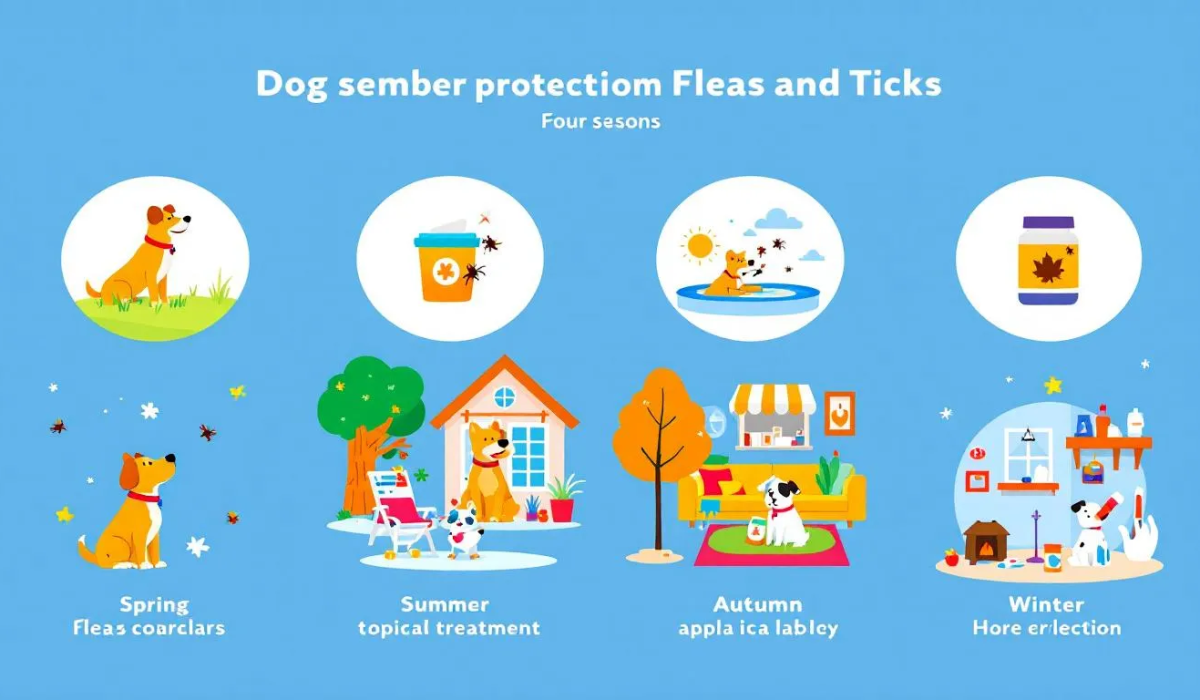Top 15 Pet Parent Questions in India Answered
Are you looking for practical answers to common pet care questions in India? This article highlights the top 15 pet parent questions in India. From choosing the right dog food to understanding sleep patterns and managing health concerns, you’ll find essential tips to ensure your pet’s well-being.
Introduction to Responsible Pet Ownership
Becoming a pet parent is a rewarding journey, but it comes with important responsibilities. In a bustling city like Gurgaon, often called the Millennium City, pet owners must ensure their dogs are safe, healthy, and well cared for. Responsible pet ownership means providing your dog with nutritious food, regular exercise, and plenty of love and attention. It also involves understanding and following local regulations—such as registering your pet with the authorities in the Gurgaon district, for example. By taking these steps, you not only contribute to your pet’s happiness but also help create a pet-friendly community in your city or district. Remember, being a responsible pet parent benefits both your dog and the wider society in Gurgaon and beyond.
Key Takeaways
- Choosing the right dog food is essential for canine health, with dietary needs varying by breed and life stage.
- Understanding and addressing indoor peeing, as well as managing dog behavior, is important for pet parents, especially in urban settings.
- Regular veterinary care, including vaccinations, deworming, and dental health, is crucial for maintaining your dog’s overall well-being.
Choosing the Right Dog Food
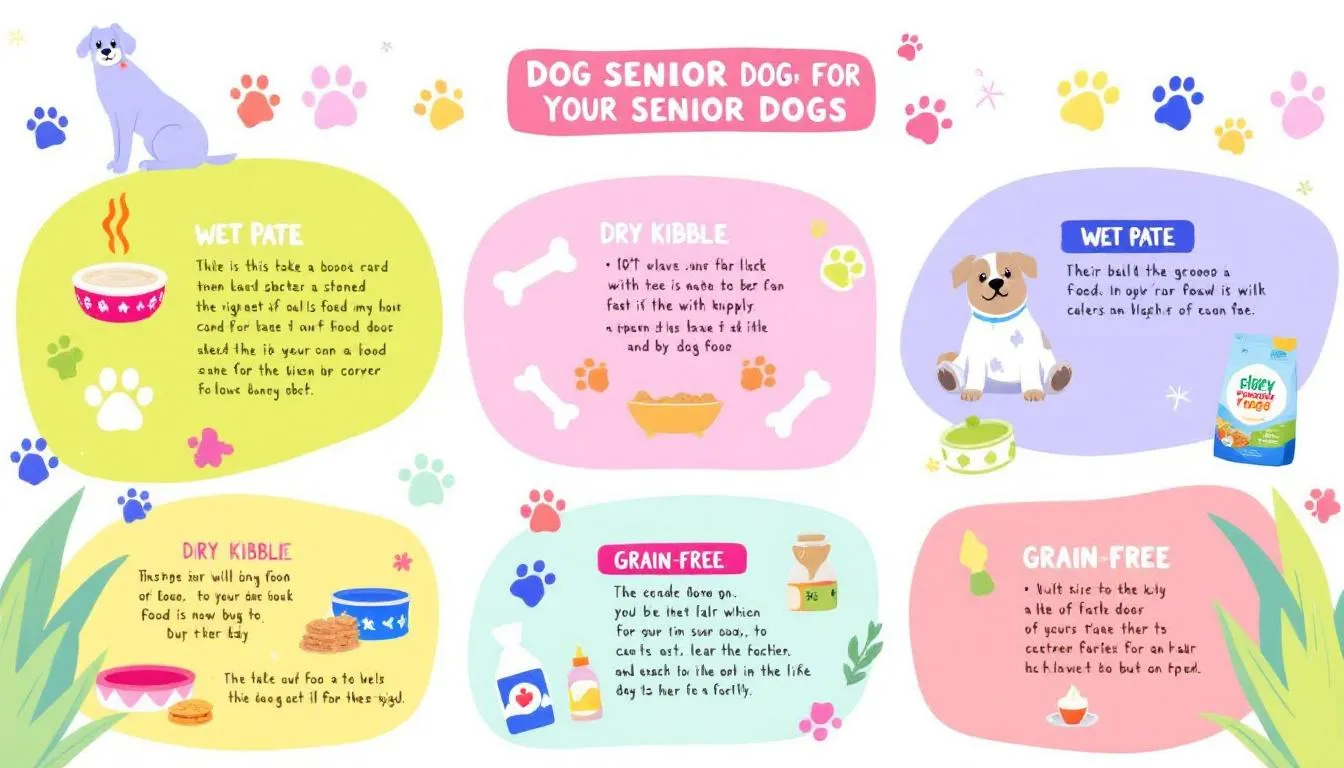
Selecting the right dog food greatly impacts your dog’s health. Nutritional needs vary by life stage: puppies need calorie-rich foods for growth, adult dogs require balanced diets, and senior dogs benefit from foods that aid joint health, digestion, and provide essential nutrients.
Each breed has unique dietary requirements. Large breeds need specific calcium and phosphorus levels for joint health, while small breeds may benefit from energy-dense diets with suitable kibble sizes. Recognizing these needs ensures proper nutrition for your dog.
Paying attention to dog food labels is key. Importantly, consider the following when evaluating them:
- The first ingredient should be a named protein.
- Avoid foods with excessive fillers like corn or soy.
- Be cautious of marketing terms like ‘grain-free’ or ‘natural’ as they can be misleading and need critical evaluation.
When transitioning to a new food in July, begin to do it gradually over 7 to 10 days to prevent digestive issues. It’s important to eat the new food immediately, slowly.
Understanding Indoor Peeing
Indoor peeing can be frustrating for pet parents. Marking behavior is common in intact males but can also occur in neutered males and spayed females. It often involves small amounts of urine and can be managed by neutering, which reduces marking behavior by up to 80%.
Recognizing these behaviors helps in managing indoor peeing. Indoor peeing can be a form of communication for dogs, and such behaviors may take different forms depending on the dog’s needs or stressors. Sometimes, indoor peeing is simply a mistake, not intentional misbehavior, and can result from misunderstanding signals or stress. In densely populated areas like Gurgaon or New Delhi, where space is limited, training and behavior modification are crucial in the Gurgaon district, Haryana, India. Regular outdoor breaks can also alleviate this problem, especially if done frequently in the east, aiding in the development of better habits in nature. In such cases, these strategies can happen to become even more essential in the millennium city, particularly considering the future location of these urban land areas.
Sleep Patterns in Dogs
Dogs’ sleep patterns vary with age:
- Puppies around 16 weeks sleep more during the day, averaging about 3.5 hours of daytime sleep.
- At 12 months, dogs average about 3.0 hours of daytime sleep.
- Owner-reported sleep patterns suggest that puppies sleep an average of 11.2 hours in a 24-hour period.
Sleep patterns change as dogs age, with older dogs experiencing shorter but more frequent sleep periods. Understanding these patterns helps pet parents ensure their dogs get adequate rest, promoting overall well-being. When dogs wake, it’s essential to observe their behavior to ensure they are comfortable.
Year-Round Flea and Tick Protection
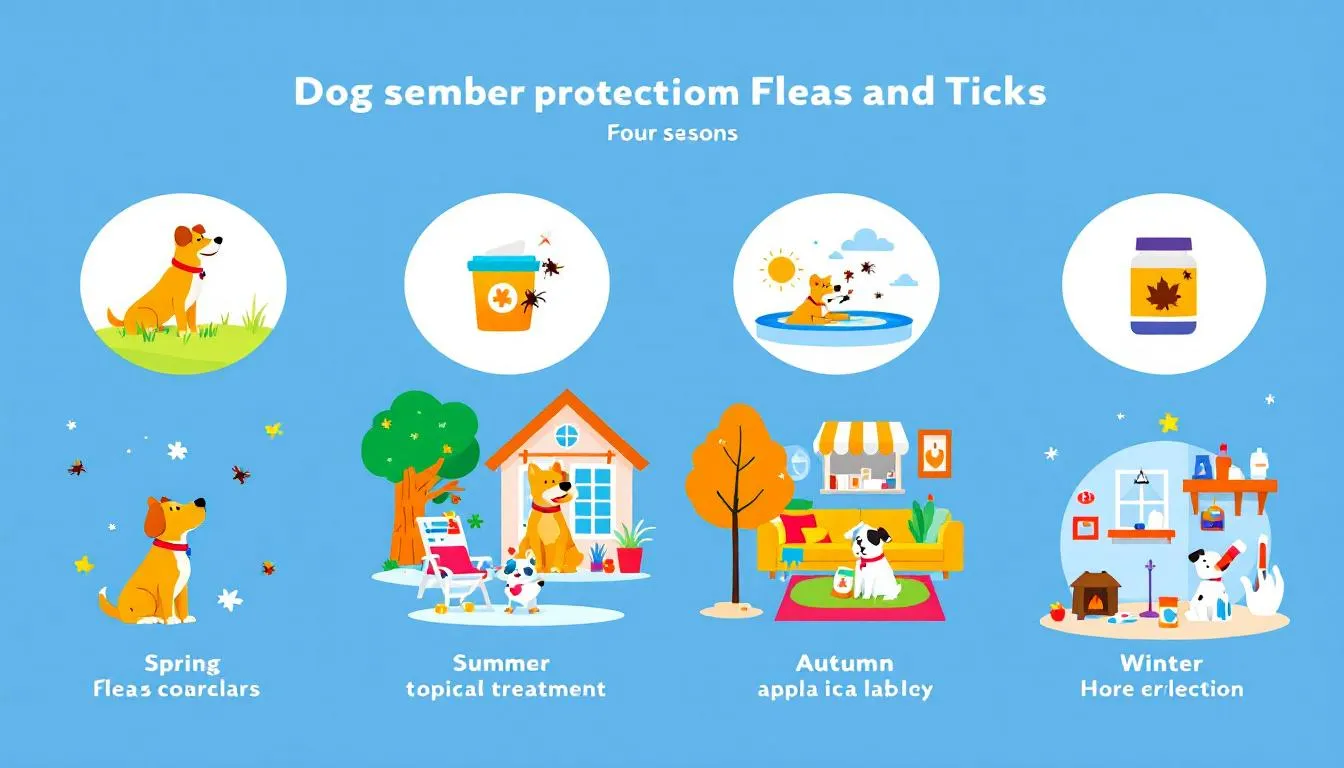
Year-round protection against fleas and ticks is vital for your dog’s health because:
- Proactive, continuous prevention is more effective than reactive treatments.
- Comprehensive parasite control prevents reinfestation.
- It helps keep your pet healthy.
Seasonal treatments can be unreliable due to changing climates, making year-round protection more effective. Consulting a vet helps determine the best treatment options to keep your dog safe throughout the season.
Bathing Your Dog
How often you bathe your dog depends on their breed, coat type, and lifestyle:
- Hairless dogs need weekly baths.
- Short-haired breeds may only require bathing every 2-3 months.
- Active dogs that play outside or swim often will need more frequent baths compared to indoor dogs.
Signs that your dog needs a bath include unpleasant odors or visible dirt on their coat. Regular brushing can help reduce the need for frequent baths by removing dirt and redistributing natural oils in the coat.
Using Dog-Specific Shampoo
Dog-specific shampoos are important for maintaining your dog’s skin health. These shampoos are formulated to match the pH levels of a dog’s skin, preventing irritation. Human shampoos can strip natural oils, causing dryness and skin issues.
Dog shampoos often contain ingredients aimed at treating specific skin issues, such as anti-itch compounds and moisturizing agents. Some also include flea and tick treatments, which can be beneficial for your pet’s overall health.
Vaccination Schedule for Dogs
Vaccinations are key to your dog’s health, categorized into core and lifestyle vaccines. Core vaccines are necessary for all dogs. Puppies usually receive vaccinations every two to four weeks until they are at least four months old.
Adult dogs require booster vaccinations annually or every three years, depending on the vaccine type. Consulting a veterinarian is essential to determine the appropriate vaccination schedule tailored to your dog’s individual needs.
Deworming Frequency
Regular deworming is essential for your dog’s health. Puppies should start deworming every two weeks from the age of two weeks until six months old. Untreated intestinal worms can cause serious health problems like stunted growth and gastrointestinal distress.
Adult dogs generally need deworming treatments every six months, with an annual fecal test recommended to check for worms. Routine treatments and preventive measures are necessary to maintain your dog’s health.
Identifying Scooting Causes
Several factors can cause scooting in dogs. Common causes include anal gland issues, where the glands become full or infected, and parasites such as tapeworms, which irritate the anal area. Sometimes, dogs may eat their poop, and this behavior can be linked to digestive or health issues that also cause scooting. If you notice your dog eating its poop or scooting frequently, consult a veterinarian to rule out underlying problems.
Skin allergies or irritations can result in discomfort, prompting a dog to scoot. In some cases, an obstruction, such as a foreign object stuck in the anal region, might be the reason for scooting.
Importance of Dental Care

Dental care is crucial for your dog’s overall health. Periodontal disease is the most common dental issue in dogs, often beginning around age three. Plaque can harden into tartar, damaging below the gumline and potentially leading to infections.
At-home tooth brushing is the most effective way to maintain your pet’s dental health between professional cleanings. Veterinary dental cleanings involve anesthesia to ensure pet comfort and safety during the procedure.
Boarding Options for Dogs
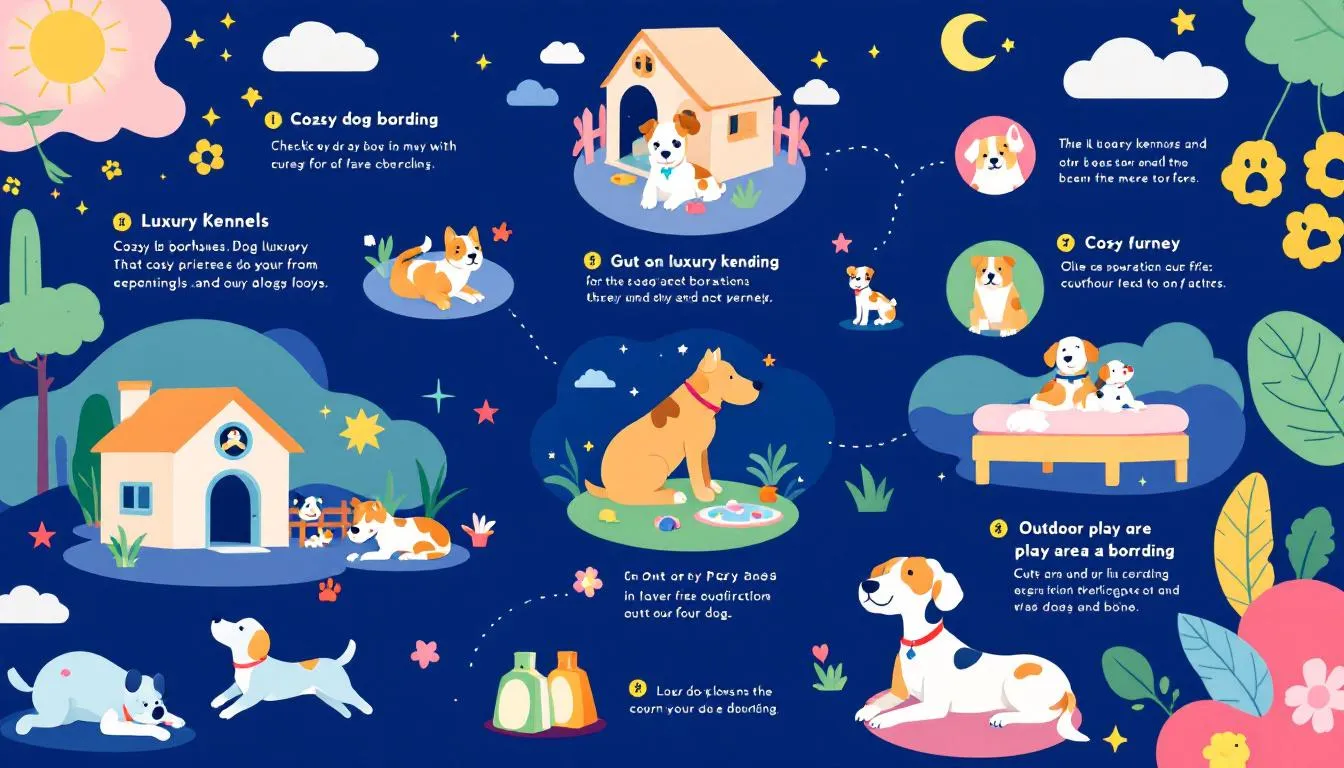
Boarding options for dogs range widely. Pet hotels and resorts offer more amenities and spacious accommodations but tend to be more expensive, making it difficult for some to afford. In-home boarding provides personalized care in a familiar house environment, which can benefit pets with anxiety and spark interest among pet owners. The presence of a familiar person during in-home boarding can help reduce a dog’s anxiety, as dogs often respond better to a person they know.
Kennels usually provide a structured schedule for feeding and playtime, which can help reduce anxiety in pets. It’s essential to check whether the boarding facility has the required licenses and insurance to ensure safety and compliance.
Leaving Dogs Alone
Leaving dogs alone requires caution. Here are some recommendations:
- Do not leave them alone for more than four hours, particularly pups who need more frequent companionship.
- Prevent separation anxiety by providing engaging toys.
- Ensure they get enough exercise before being left alone.
Punishing dogs for undesirable behavior exhibited while alone can worsen anxiety and lead to more destructive actions and harmful harm. Be mindful of how long your dogs are alone to prevent anxiety and ensure their well-being.
Recognizing Sickness in Dogs
Recognizing sickness in dogs is essential for their well-being. Unusual behaviors that can indicate illness include:
- Aggression
- Hiding
- Lethargy
- Excessive vocalization, such as whining
These symptoms may be accompanied by other warning signs such as vomiting or diarrhea, which should prompt immediate veterinary attention.
A sudden drop in appetite, especially when paired with weight loss, is a common indicator of illness that may be affected by various factors. If you notice changes in your dog’s behavior or physical condition, it is important to reach out to a veterinarian for advice. This is particularly true if the situation falls within a concerning range.
Detecting Fever in Dogs
Detecting fever in dogs includes recognizing symptoms like:
- lethargy
- shivering
- decreased appetite
- vomiting
- coughing
A dog’s normal body temperature is 101 to 102.5 degrees Fahrenheit. The most reliable method is taking its rectal temperature with a digital thermometer.
If a dog’s temperature exceeds 103 degrees Fahrenheit, contacting a veterinarian is advisable. High temperatures over 106 degrees Fahrenheit can cause severe health complications and require immediate medical attention due to heat.
Human Foods Safe for Dogs
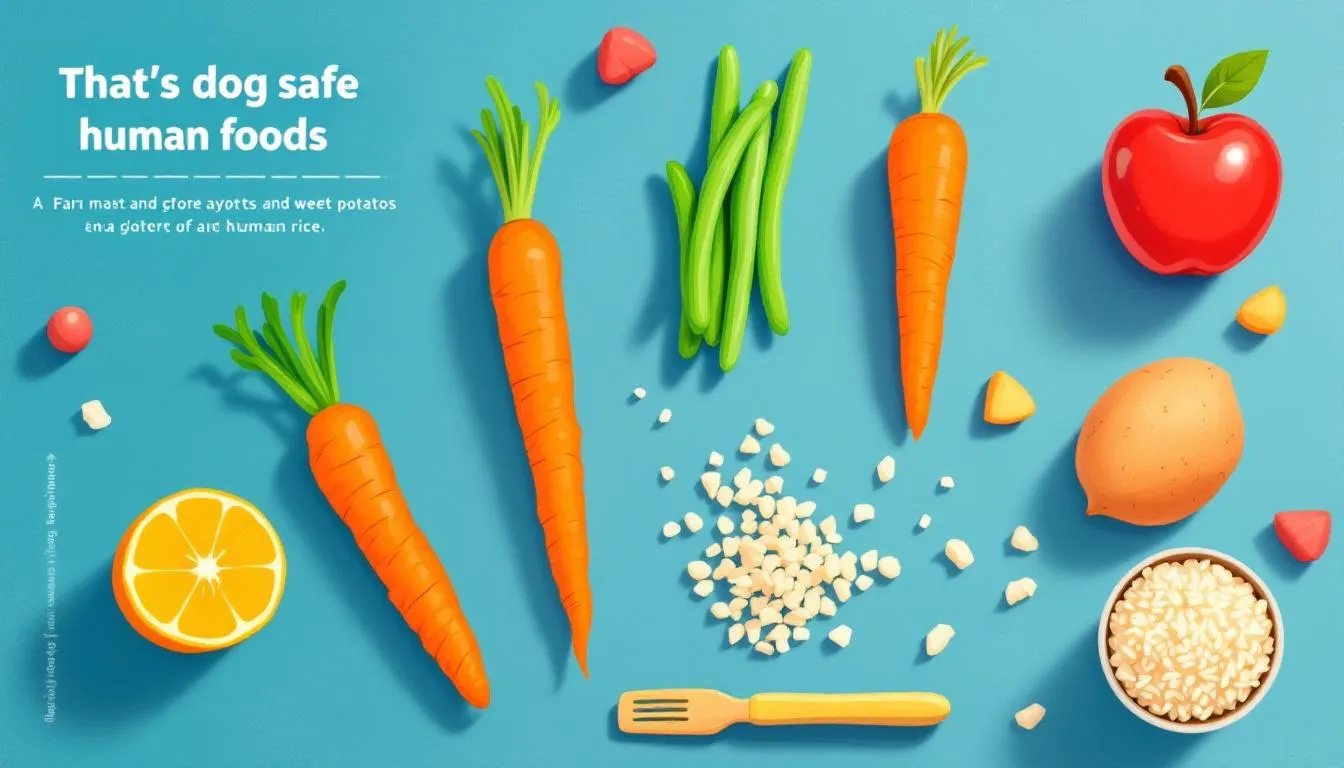
Some human foods are safe for dogs and can provide health benefits. Foods like bread, cashews, and cheese are fine in moderation. Cooked eggs, fish, and plain yogurt are also nutritious options.
However, consult a veterinarian before adding new foods to your dog’s diet to ensure safety and address potential allergies. Moderation is crucial to prevent obesity and other health issues.
Caring for Senior Dogs
As dogs age, their needs change, and pet parents need to adapt their care routines accordingly. Senior dogs, whether living in the heart of the city or in quieter districts, often require more frequent health check-ups to monitor for age-related conditions such as arthritis or heart disease. Their diet should be rich in nutrients that support joint health and digestion, and portion sizes may need to be adjusted to prevent weight gain. In India, where temperatures can soar, especially in places like Gurgaon and New Delhi, it’s crucial to keep senior dogs cool and comfortable during the hotter months. Soft bedding, easy access to water, and shorter, gentler walks during cooler hours can make a big difference. Most importantly, senior dogs thrive on companionship and gentle interaction, so don’t forget to spend quality time with your aging pet, ensuring their golden years are filled with comfort and love.
Socialization and Interaction
Socialization is a key part of a dog’s development, especially for pups growing up in urban areas like Gurgaon, New Delhi, or other parts of the NCR. Introducing your dog to a variety of people, animals, and environments helps them become well-adjusted and confident. In cities where space is limited, taking your dog for walks in local parks or arranging playdates with other pets can provide valuable opportunities for interaction. Socialization also reduces the risk of behavioral issues and helps your dog feel more comfortable in different situations, whether you’re exploring the city, visiting friends in south or west Delhi, or traveling to a new location. Remember, positive experiences during socialization contribute to your dog’s overall well-being and make life easier for both pet parents and their furry companions.
Exercise and Activity
Regular exercise is essential for every dog, regardless of breed or age. In India’s diverse climate, from the cool air of Kashmir to the warm temperatures of Rajasthan, it’s important to tailor your dog’s activity routine to the season and your local environment. In cities like Gurgaon or New Delhi, early morning or late evening walks can help avoid the heat, while indoor games are a great option during extreme weather. Different breeds have different energy levels—active breeds may need longer walks or more playtime, while smaller or senior dogs might prefer shorter, gentler activities. Exercise not only keeps your dog physically healthy but also supports their mental development and prevents harmful behaviors that can arise from boredom. As a pet parent, planning regular walks and play sessions will lead to a happier, healthier pet and a stronger bond between you and your dog.
Licensing and Registration for Pet Owners
In India, and particularly in urban centers like Gurgaon district, pet licensing and registration are important aspects of responsible pet ownership. Local authorities in the Millennium City and other major cities require pet parents to register their dogs, which helps ensure that all pets are accounted for and can be reunited with their families if lost. Registration also contributes to public health by keeping track of vaccination and deworming records. The process typically involves submitting basic information about your pet, such as breed, age, and vaccination status, along with a small fee. By complying with these regulations, pet parents not only follow the law but also help create a safer, more organized community for all animals and residents. Don’t forget to check the specific requirements in your city or district to stay up to date and avoid any future complications.
Summary
Recap the key points covered in the article. Emphasize the importance of proactive pet care, from choosing the right food to regular health check-ups and understanding behavioral signs.
Encourage readers to take the necessary steps to ensure their dogs’ well-being. End with an inspiring note that motivates pet parents to provide the best care for their furry friends.
Finally, help spread the message of responsible pet care by sharing this information within your community and network.
Frequently Asked Questions
How often should I change my dog’s food?
You should change your dog’s food gradually over 7-10 days to avoid digestive issues. Ensuring a smooth transition is key to maintaining your dog’s health.
What can I do to prevent my dog from peeing indoors?
To prevent your dog from peeing indoors, consider neutering, as this can decrease marking behavior, and ensure you provide regular outdoor breaks for bathroom relief.
How can I detect if my dog has a fever?
To accurately detect if your dog has a fever, take its rectal temperature with a digital thermometer. A temperature above 102.5°F indicates a fever.
What are some safe human foods for dogs?
Safe human foods for dogs include bread, cashews, cheese, cooked eggs, and plain yogurt, all of which can be offered in moderation. Ensure to keep portion sizes small to maintain your dog’s health.
What should I do if my dog shows signs of illness?
If your dog shows signs of illness, consult a veterinarian immediately to ensure prompt care and proper diagnosis. Your dog’s health is a priority, and timely professional advice can make a significant difference.


